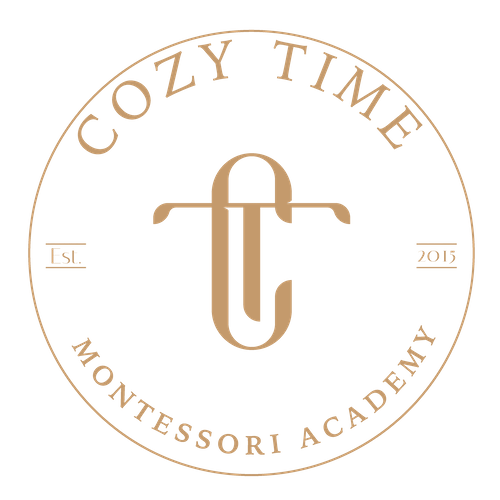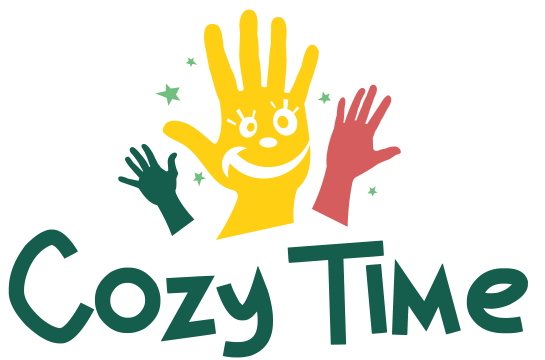A Story of Respect and Independence
Many years ago, I had the privilege of observing a Montessori daycare in action. I remember being amazed at how the children, as young as three, were carefully pouring their own juice, tidying up their areas, and even resolving minor disagreements amongst themselves. It was a stark contrast to the traditional daycare environments I was familiar with. This was my first touch with the concept of discipline in Montessori daycare.
What Sets Montessori Discipline Apart?
Montessori discipline is unique because it is not about control or punishment. Instead, it is about teaching children to develop their inner discipline through respect, independence, and guided choices. This is achieved by allowing children to make decisions and face the natural consequences of their actions.
The Core Principles of Montessori Discipline
At the heart of the Montessori approach are respect for the child, encouraging independence, guided choices, and natural consequences. These principles, when implemented effectively, create an environment where children are motivated to learn and grow by their curiosity and love for discovery.
Respect for the Child
In a Montessori daycare, respect for the child is paramount. This means recognizing each child as a unique individual with their own needs, interests, and potential. It means offering them freedom within limits, treating them with kindness and understanding, and allowing them to make mistakes and learn from them. In addition, Montessori daycare trends and innovations are continually emerging, enhancing the learning environment in ways that cater to diverse learning styles. By incorporating new technologies and sensory materials, these practices not only engage children but also foster their creativity and critical thinking. Ultimately, the goal remains the same: to cultivate a love for learning that lasts a lifetime.
Encouraging Independence
Independence is a critical aspect of Montessori discipline. Children in a Montessori daycare in Toronto are given the opportunity to do things for themselves, fostering a sense of self-reliance and self-confidence that will benefit them throughout their lives.
Guided Choices
Children in a Montessori environment are encouraged to make choices. This is not a free-for-all, but a carefully structured environment where children are guided to make choices that are appropriate for their development level. This teaches them decision-making skills and promotes independence.
Natural Consequences
Instead of punishment, Montessori discipline involves natural consequences. If a child spills their juice, they are shown how to clean it up. If they break a rule, they are guided to understand why the rule is important and what they can do differently next time. This approach fosters understanding and personal responsibility, rather than fear of punishment.
Montessori Discipline vs. Traditional Discipline
The contrast between Montessori discipline and traditional discipline is stark, particularly in the roles of teachers and the methods of instilling discipline.
The Role of Montessori Teachers: Guides Rather Than Enforcers
In a Montessori daycare, teachers act as guides, assisting children in their learning journey instead of enforcing rules. They create an environment that supports the development of self-discipline, rather than imposing discipline externally.
Developing Self-discipline: Nurturing Self-regulation
Montessori discipline is about nurturing the development of self-discipline. Through a combination of freedom and responsibility, children learn to regulate their behaviour and develop a strong sense of self-discipline.
Consequences vs Punishment: The Montessori Approach
Rather than using punishment, Montessori discipline uses natural consequences to teach children about the impact of their actions. This approach fosters understanding, empathy, and responsibility, creating a foundation for lifelong learning and growth.
To learn more about how the Montessori approach to discipline can benefit your child, contact Cozytime Child Care, a licensed Montessori daycare center in Toronto, at (416) 602 3811.
Implementing Montessori Discipline in Daycare
Let me take you back to my first days as a Montessori educator. The challenge was not only to understand the Montessori philosophy but also to incorporate it into the daycare setting. I was at a daycare in Toronto, and my first task was to implement Montessori discipline.
Practical Steps for Teachers
Here are the steps I took: I began by creating a prepared environment. In Montessori, we believe that the environment plays a crucial role in child development. I worked on making the daycare a place where children could explore and learn at their own pace. I also ensured that materials were accessible and age-appropriate.
- Modeling desired behavior became my mantra. By demonstrating how to handle materials, interact with others, and carry oneself, I was teaching children without explicitly instructing them.
- Encouraging self-discipline was another critical step. Instead of imposing rules, I set boundaries and let children learn through natural consequences.
- Lastly, positive reinforcement was a tool I used often. I celebrated children’s accomplishments and encouraged their efforts, fostering a sense of self-worth and confidence.
Real-Life Examples
I still remember when one child, let’s call him James, had a hard time sharing toys. Instead of stepping in immediately, I allowed the situation to unfold. James soon realized that his actions were causing distress to his peers. With gentle guidance, he began to understand the value of sharing and empathy. The change did not happen overnight, but with consistent practice, James became one of the most empathetic children in the daycare.
Benefits of Montessori Discipline in Daycare
Benefits for the Child
Through Montessori discipline, children experience numerous benefits. They develop a sense of responsibility and independence. They learn to respect themselves, others, and their environment. Their cognitive abilities are enhanced as they are allowed to explore and learn at their own pace. Moreover, Montessori discipline supports emotional development by fostering empathy, compassion, and self-regulation.
Benefits for the Parent
As a parent, you will appreciate the Montessori approach for many reasons. You will understand your child’s behavior better and can support their learning journey more effectively. You will also see your child developing essential life skills such as problem-solving, critical thinking, and emotional intelligence.
What Parents Can Expect – Montessori Approach at Home
Extending Montessori Discipline Strategies to Home
Implementing Montessori discipline at home can be a game-changer. Just as in daycare, you can create a prepared environment at home. Make sure resources are accessible and let your child take the lead in their learning. You can also model desired behaviors and set logical boundaries. Remember, consistency is key, both in daycare and at home.
How Parents Can Support and Reinforce the Montessori Approach
You can support the Montessori approach by respecting your child’s individuality. Encourage their interests and allow them to make choices. Also, remember to model empathy, respect, and kindness. Your child learns more from what you do than what you say.
Conclusion and Call to Action
To summarize, Montessori discipline in daycare is about fostering independence, respect, and self-discipline in children. It is about creating an environment where children can thrive and develop holistically. As a parent, you can extend these principles to your home, reinforcing what your child learns at daycare.
If you’re in Toronto and are interested in a daycare that implements the Montessori approach, we would love to hear from you. Call us at (416) 602 3811 to learn more about how we can support your child’s development and learning journey.

